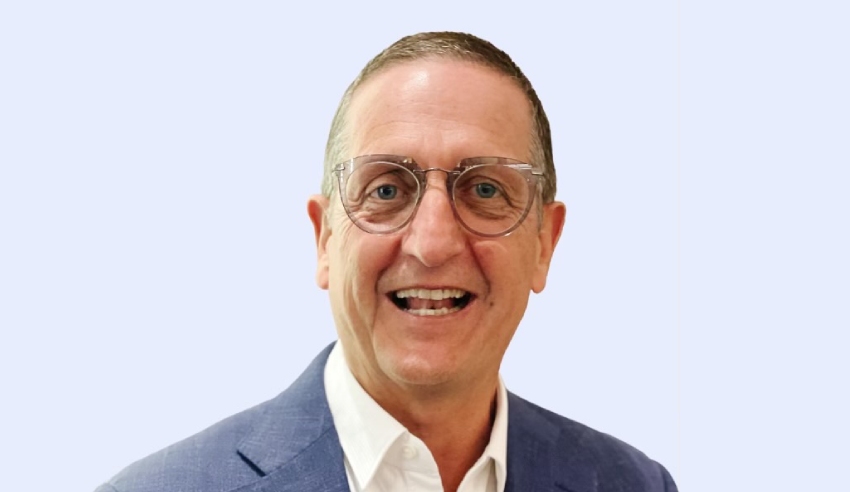The profession needs to focus less on individual resilience and more on resilience as a function of social groups in order to improve the general mental health of the Australian legal industry post-pandemic, according to one professor.

The Law Society of NSW’s 2021 Charles Xuereb Oration, “Navigating mental health in the COVID era”, hosted last week, explored mental health issues that have arisen in the midst of the pandemic.
To help the legal profession in Australia become more mentally healthy, Professor Hickie said that changes at a systemic level are key.
“I’m a strong believer in resilience being a function of social groups. If you’re part of groups that function well, even if you’re not having a good day yourself, as a total group, you’ll do better,” he said.
“I think the legal profession is one that is challenged about how cohesive it is as a group and how it provides transgenerational support.”
As the amount of young people presenting to hospital due to self-harm has increased by 45 per cent, Professor Hickie added that post-pandemic, younger lawyers, in particular, were currently struggling to feel part of the profession, feeling alienated and unsupported – which he said was, overall, a systemic issue as opposed to an individual issue.
“I think focus needs to move from individuals and individual resilience to ‘what are the biggest systemic issues?’ We got involved with this some years ago with law schools and with commercial firms. At the educational end, deans of law in Australia were very willing to take action, but the problem arose at the practice end,” he continued.
“This requires constant vigilance. Are you making systemic changes for people to have a long and productive life in a profession that is critical to our society?”
Additionally, flexibility within legal workplaces, in particular, is not up to the standard it should be to support those in the Australian legal industry, Professor Hickie added.
“We’ve not necessarily been good at providing support for the flexibility that people need when they face challenging periods in their life,” he said.
However, a large percentage of the decreasing mental health in the profession can also be attributed to the after-effects of COVID-19.
“There would have been somewhere between a five and 10 per cent increase in [suicide] rates without the pandemic, but of the 45 per cent, at least 30 per cent of that is attributable directly to the disruption to young people’s lives during the pandemic,” Professor Hickie added.
“It’s a critical period where you don’t want to disrupt a young person’s life – and they have been disrupted during this particular period. We’ve all been disrupted, but the people who have been most affected by that disruption have been young people.”
In terms of supporting young people entering, and in, the legal industry, the professor said that particularly in the midst of COVID-19, young lawyers entering the profession will have struggled to learn and pick up skills as they are not in the office. While mentoring within firms is standard practice for graduates, Professor Hickie said a more “proactive approach” is needed post-pandemic.
“As we move to less restricted environments and as we start to resume those particular areas, we need to put a great deal of emphasis on time spent. So, not just mentoring in a casual sense but because a significant period of career and skills development has been lost for many young people, so I think we have to take a much more proactive approach,” he said.
“Just saying that they have a mentor and someone to talk to isn’t enough. It’s what’s happening informally and formally every day within the workplace. One of the reasons for getting back to workplaces in the normal informal structures that we have is actually the ongoing support and training of younger members of our profession.”

Lauren is the commercial content writer within Momentum Media’s professional services suite, including Lawyers Weekly, Accountants Daily and HR Leader, focusing primarily on commercial and client content, features and ebooks. Prior to joining Lawyers Weekly, she worked as a trade journalist for media and travel industry publications. Born in England, Lauren enjoys trying new bars and restaurants, attending music festivals and travelling.